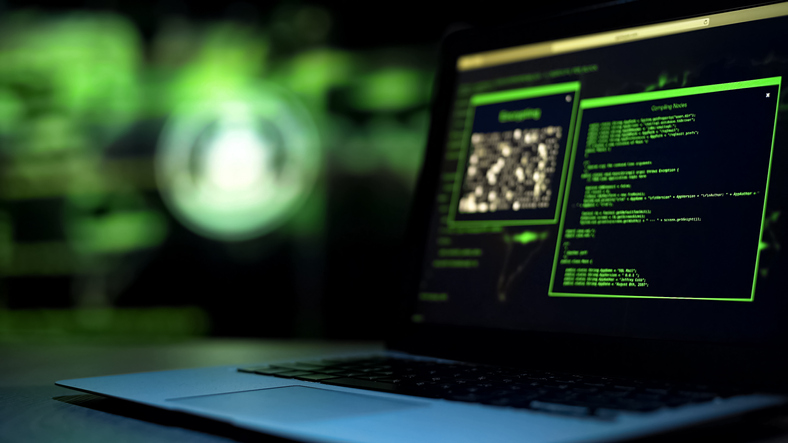
Photo for representation. iStock
Bengaluru, October 22
Organisations in India are seeing a significant increase in the cybersecurity challenges they face amid the shift to mass remote working, a new study by Cisco shows.
According to the study, 73 per cent of organisations in the country have experienced a 25 per cent or more jump in either cyber threats or alerts since the start of COVID-19.
Cisco’s ‘Future of Secure Remote Work Report’ revealed that many Indian organisations were unprepared to make the accelerated transition to a remote workforce at the outset of COVID-19.
About two-thirds (65 per cent) of organisations adopted cybersecurity measures during COVID-19 to support remote working.
The study is based on a survey of over 3,000 IT decision-makers globally, including over 1,900 respondents across 13 Asia Pacific markets, including India.
It highlights the cybersecurity challenges companies faced as they shifted the majority of their employees to a remote working arrangement in a really short period of time.
With users connecting from outside the corporate walls, secure access defined as the ability to verify identity and establish trust no matter how, where, or when users log in, is the top cybersecurity challenge faced by the largest proportion of Indian organisations (68 per cent) when supporting remote workers.
Other concerns raised by organisations include data privacy (66 per cent) and protection against malware (62 per cent).
“Now, as remote work continues to garner traction, organisations are turning their attention to building a robust cybersecurity foundation, with cloud security emerging as the top investment for 31 per cent of companies in reinventing their workplaces post COVID-19,” said Vishak Raman, director, Security Business, Cisco India & SAARC.
End points are a growing challenge for organisations to protect as users connect from their home Wi-Fi or use their personal devices to connect to corporate applications.
About two in three respondents stated that office laptops and desktops (66 per cent) and personal devices (58 per cent) posed a challenge to protect in a remote environment, followed by cloud applications at 42 per cent, according to the study.
One trend that emerged in recent months is that a hybrid workplace, where employees move between working remotely and in the office, is the future.
The findings of this study further underlined that.
Over half (53 per cent) of the organisations in India said they expected more than half of their work force to continue working remotely post-pandemic. This compares to an average of just 28 per cent of organisations with more than half of their workforce working remotely before the pandemic.
The good news is that as businesses prepare for this hybrid workplace, cybersecurity now tops corporate priorities, with 84 per cent of organisations in India saying that cybersecurity is now a top priority for them.
What is even better is that they are translating this into concrete action.
The study highlights that 77 per cent of organisations in the region plan to increase their future investment in cybersecurity due to COVID-19.
There are still challenges, though, that need to be addressed.
While almost all (97 per cent) organisations have made changes to their cybersecurity policies to support remote working, further simplicity and education are needed.
According to the study, 60 per cent of Indian organisations said that having too many tools and solutions to manage was a challenge faced in reinforcing cybersecurity protocols for remote working, followed by a lack of employee education and awareness (55 per cent).
“Deploying multiple cybersecurity tools reinforces a fragmented and complex security environment that is prone to risks arising from human error. This calls for the implementation of a comprehensive and integrated security approach that can provide a seamless experience for users as well as IT teams,” Raman added. PTI
Join Whatsapp Channel of The Tribune for latest updates.



























